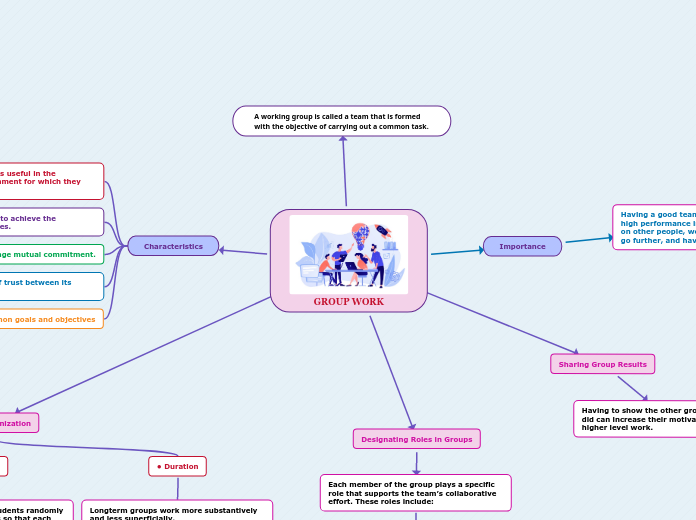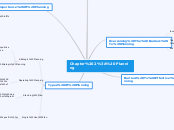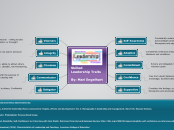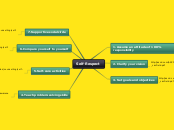by Roxana Fuenmayor 3 years ago
291
GROUP WORK
Effective group work hinges on mutual commitment and shared objectives. These groups foster social skills that are crucial for professional environments and build trust among members, enhancing efforts to achieve goals.









